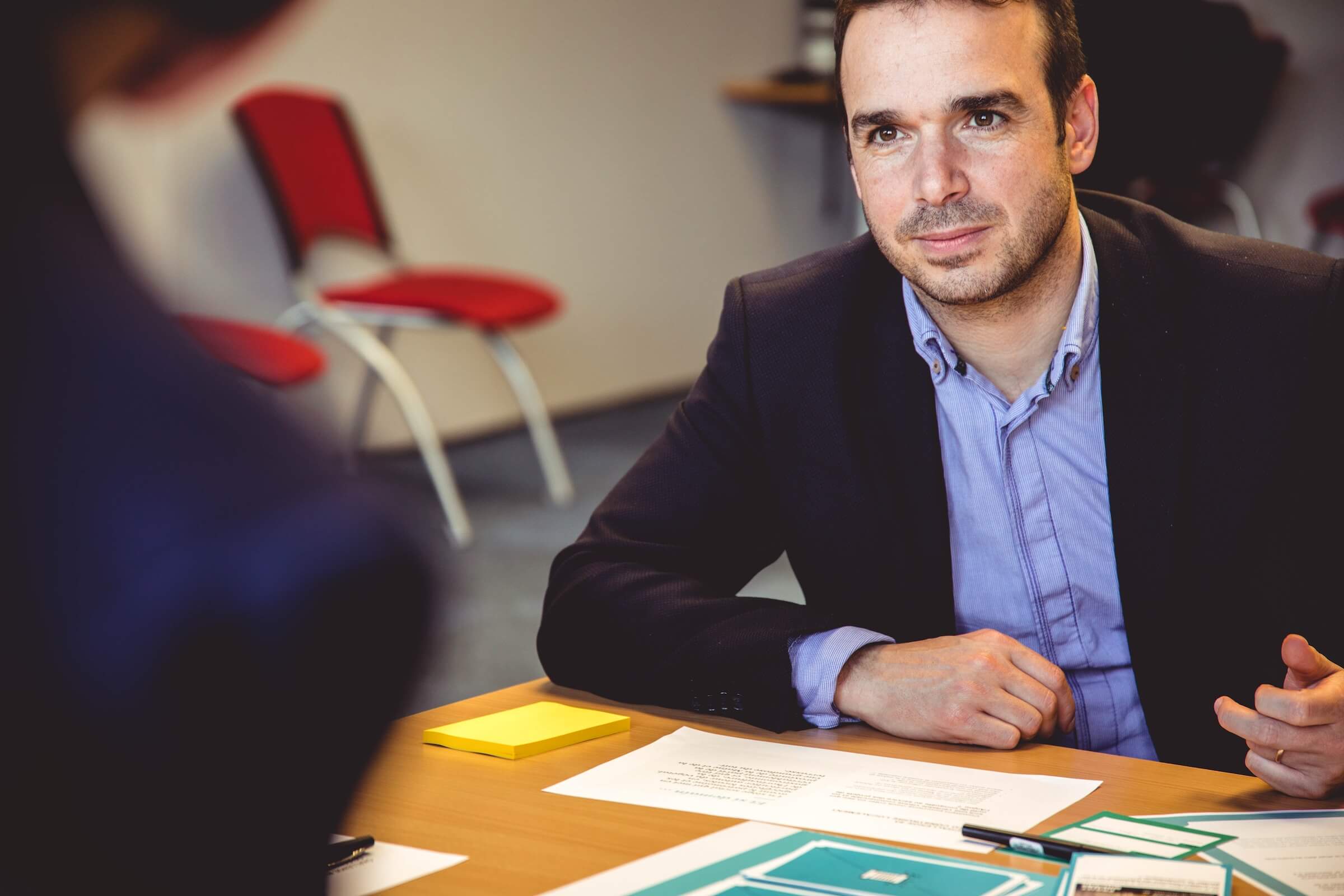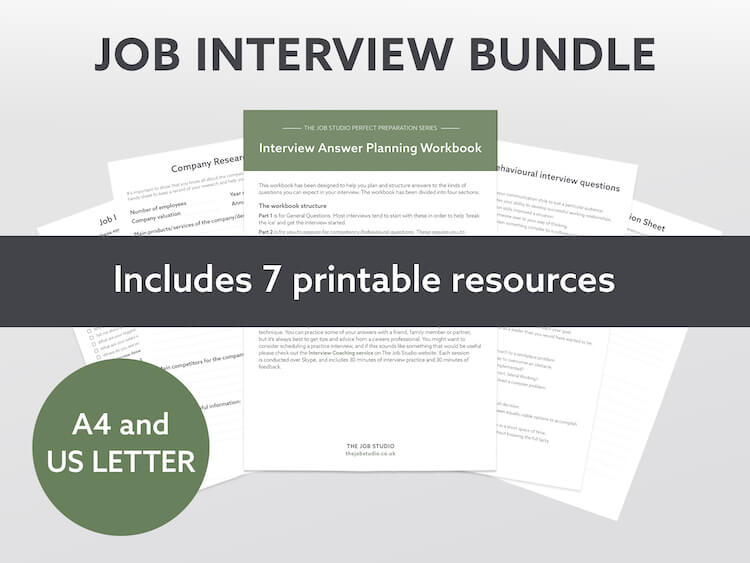
Although there has been a recent shift towards the use of strengths-based interviews, competency-based interviews remain incredibly popular with employers. You never know what questions will come up, so in this post I'll share my top tips for how to answer competency based questions in an interview.
What are competency-based interviews?
A competency based interview (sometimes referred to as a behavioural based interview) requires a candidate to give examples of past situations and experiences in order to evidence pre-determined competencies an employer is looking for. These competencies tend to focus on skills.
Competency interviews are based on the assumption that past behaviour is the best predicator of future behaviour. Typical competency-based questions commonly start with:
‘Tell me about a time when…’
‘Describe a situation in which you…’
‘Give an example of…’
You may have come across questions like these in written application forms, and the good news is that your approach for how to answer competency based questions is broadly the same verbally at interview as it should be when applying in writing.
Want to know how to nail a competency based interview? The key is to anticipate what questions might be asked. This is a lot easier than it sounds, especially when you know what to look for.
How do you know which competencies are important?
Competency based interview questions are based around the skills, experience, knowledge and other attributes the employer has said they are looking for. These can often be found under a ‘Person Specification’ or ‘Essential Selection Criteria’ heading in the job description, but they may also be found in the job advert. If you can’t find the competencies look for phrases such as ‘We are looking for someone with…’ or ‘Our ideal candidate will have….’; the list that follows this heading or phrase is what you need to focus on.
If you can’t find anything like this or are interviewing outside of a typical recruitment process use job profiles. Find the job profile that closely matches the one you’re interviewing for and find a list of typical skills required.
Prepare for interview success

What are the most important competencies to evidence?
Although the questions asked in a competency based interview will depend on the role you’ve applied for, according to research by NACE the top 10 competencies employers look for are:
1. Leadership
2. Ability to work in a team
3. Communication skills (written)
4. Strong work ethic
5. Initiative
6. Analytical/qualitative skills
7. Flexibility/adaptability
8. Technical skills
9. Interpersonal skills
10. Computer skills
How to answer competency-based interview questions
There are a few different frameworks you can use when decidinghow to answer competency based questions. One of the most popular ways to structure your answers is to use STAR:
Situation
Task
Action
Result
If you find the STAR framework difficult to remember you can use CAR instead (Context, Action, Result). Just combine the ‘Situation’ and ‘Task’ in STAR into ‘Context’.
Top tips for answering competency based interview questions
- Focus on YOUR actions: even if you worked in a team in the example you talk through you must focus on you – your actions, your contribution, your impact.
- Quantify your impact: when talking about the results or outcome in your competency based interview answer it's always good to quantify the impact. For example, you could talk about how many people attended the event you organised, the % increase in social media followers as a result of your actions, the amount of money you raised for charity…
- Choose your examples carefully: this is one of the best tips I can give on how to prepare for a competency based interview - pick recent examples (ideally within the last 2 years). Draw on a range of situations when answering competency based questions – this will demonstrate that you have a breadth of experience – but where possible pick ones that are most relevant for the role and organisation.
- Use cue cards when preparing for your competency based interview. Write down any questions you think your interviewer might ask you and your response to these on cue cards to help give you confidence. Remember to consider the best example(s) you can draw on for each competency.
- Talk about what you learned from the experience and what you would do differently next time. Employers are looking for self-reflective employees who want to improve their performance, so if possible, reflect on these areas if you can.
So there you have it, my step-by-step approach for how to answer competency based questions. Want to take your interview performance to the next level? Take a look at my interview coaching service.
